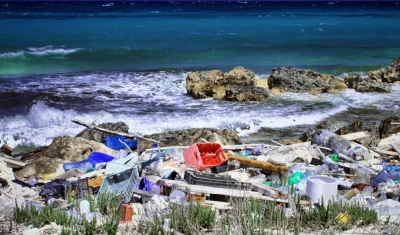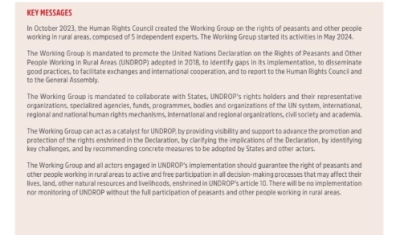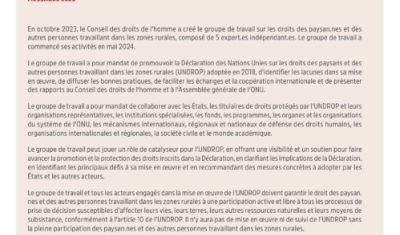Pathways to Equitable Fossil Fuel Supply Management
Event


Adobe
After 27 rounds of COP negotiations on greenhouse gas emissions, discussions on production limitation are still relatively new. There is currently no linkage, nor forum for discussion, between commitments to reduce emissions under the Paris Agreement and global future production targets. Several factors could make supply-side (production) discussions easier than emissions negotiations: there are only a small number of large producer states; and production regulation could have positive economic benefits for producers, including increased stability of pricing and avoidance of excessive investments in new production assets which could become stranded in an energy transition. The barriers are also substantial, including fears of lost revenue, geopolitical competition and a focus on energy security, and a lack of agreement on the future prospects of the oil and gas markets. Any agreement which impacts prices would also have global impacts on consumers, raising questions of equitable transition.
This webinar will discuss pathways to equitable fossil fuel supply management. The discussion will engage possible political structures that could be used to achieve this result, including the two existing initiatives of the Fossil Fuel Non-Proliferation Treaty and the Beyond Oil and Gas Alliance. The discussion will engage some of the economic questions linked to a possible agreement, including future production levels. Finally, the discussion will engage what a future agreement would mean for a just transition, drawing parallels to existing conversations around COP emissions discussions.
Moderation
- Vance Culbert, Visiting Fellow, Geneva Academy
Panelists
- Peter Newell, Professor of International Relations, University of Sussex
- Vicente Paulo Yu, Senior Legal Adviser, Third World Network and Visiting Research Fellow, United Nations UN Research Institute for Social Development (UNRISD)
- Olivier Bois Von Kursk, Policy Advisor, International Institute for Sustainable Development (IISD)
- Bård Lahn, Senior Researcher, University of Oslo
- Kyla Tienhaara, Associate Professor, Queen's University
- Angela Picciariello, Senior Researcher, IISD Energy Programme
Concept Note
Read this webinar's concept note.
Part of Vance Culbert's Fellowship at the Geneva Academy
This event forms part of Vance Culbert's fellowship at the Geneva Academy and his research on the geopolitical and economic barriers to bringing about an agreement on supply-side limitation, and how this could be brought in line with protection considerations required for a just transition.







